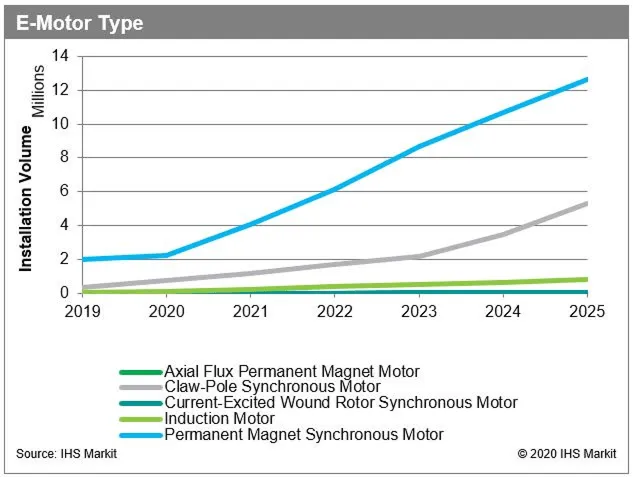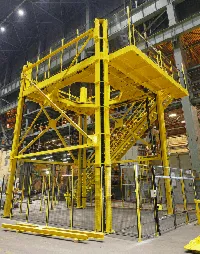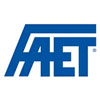Our Shanghai team have spoken to Zhenyan Guo, Vice Director of the China Electrical Equipment Industrial Association (CEEIA) to assess its impact on the transformer industry, predictions for the future and hear how the industry plans to respond.
Mr Zhenyan Guo, Vice Director, China Electrical Equipment Industrial Association (CEEIA)
CWIEME: From your point of view, what’s the impact of COVID-19 on the transformer industry?
Zhenyan Guo: In the short term, the biggest impact of COVID-19 on the transformer industry is the issue of work resumption for enterprises. China has issued a statement that each enterprise needs to evaluate its own situation to prepare for work resumption. Currently, the situation of COVID-19 is not that clear, so I think at this time protecting the safety of employees should be the main priority for enterprises. They need do some preparation work before resumption of business, such as disinfecting the work area and preparing necessary protective materials for staff
On the other hand, since the transformer industry is among the entire industrial chain, the resumption of the industry is also affected by its own upstream and downstream industries. In addition, the user's bidding, the supply of raw materials and component parts have been delayed, so in the short term, the transformer industry is largely affected by the pandemic.
In the long run, the development plan for power demand will not be affected too much because this had already been confirmed at the end of 2019. Howerver, recently people have been forced not to work and this has led to a slowdown in overall progress. Once enterprises are formally resuming work, I personally think that the output planning will still be carried out as originally planned. The only quesiton is how to increase production capacity in a short period of time and make up for the previously vacant time.
The total amount of production is unchanged, while the start-up time has been postponed due to the pandemic. Under this background, enterprises need to produce more to make up for the lost time. There is no doubt that the transformer industry has suffered a lot in the short term, but not in the long term. In addition, the current situation of some small enterprises will be more difficult. Considering their production costs and the current state of shutdown, some small enterprises will be affected by the capital and the market. I think these small enterprises will be subject to a round of survival of the fittest.
CWIEME: What measures do the transformer industry take to deal with the COVID-19? What’s your suggerstion for the transformer enterprises?
Zhenyan Guo: In my view, I think that many companies do not have much experience when encountering emergencies and what’s more, they may not have considered the possibility of emergencies in their early company plan. As a result, many companies are in a state of passive waiting, because they do not have an effective solution. As far as the current situation is concerned, in my opinion, the transformer enterprises need to learn how to incorporate emergencies into their mid-to-long-term plan and reserve experience for future responses.
Regarding suggestions, first of all, I think companies should learn more and understand new economic policies, take advantage of relevant laws and policies, and make good use of various beneficial enterprise regulations so that they can better plan their own development. For example, transformer enterprises should take the state's green, environmental protection and low-carbon 2 concepts into its future planning, as well as follow the trend of government policy. Secondly, enterprises should better grasp the needs of users, such as the needs of power grid companies, end users and the ideas of OEMs. Only by grasping the user's needs can the transformer enterprises better and effectively match their needs. Last, but not least, I think this is also a great opportunity for companies to improve their comprehensive strength, whether it is for the improvement of product design or software. In this way, companies can be further assisted to better meet users’ needs. Transformer companies can take advantage of this opportunity to fight for technical reserves.
CWIEME: Has the government published relevant policy support for the transformer industry? What’s your expectation for the future of transformer industry?
Zhenyan Guo: As far as I know, the government has not issued any specific supportive policy for the transformer industry. While the government has issued some favorable policies for small and medium-sized enterprises, such as loan policies, it is unlikely to issue specific targets for the transformer industry. I believe our government will provide these companies, either state-owned, privately-owned or mixed, with supportive measures. Currently, I think the focus of enterprises should be on work resumption in a safe and orderly manner. In the future, I hope different industries will base their actions on different users’ needs and different products. I think it will take some time to finalize the adjustment direction for transformer enterprises. It is imperative that companies adjust operating strategies based on the ever-changing needs of the clients, improving the capability and competitive strength of the company. At this moment, I hope everyone can protect themselves and their families, which is a way to protect our country. Safety is still a top priority at the moment. As for production, I believe finding how to effectively improve production is a common problem for transformer enterprises. In a word, everything needs to be considered on the premise of safety.

















